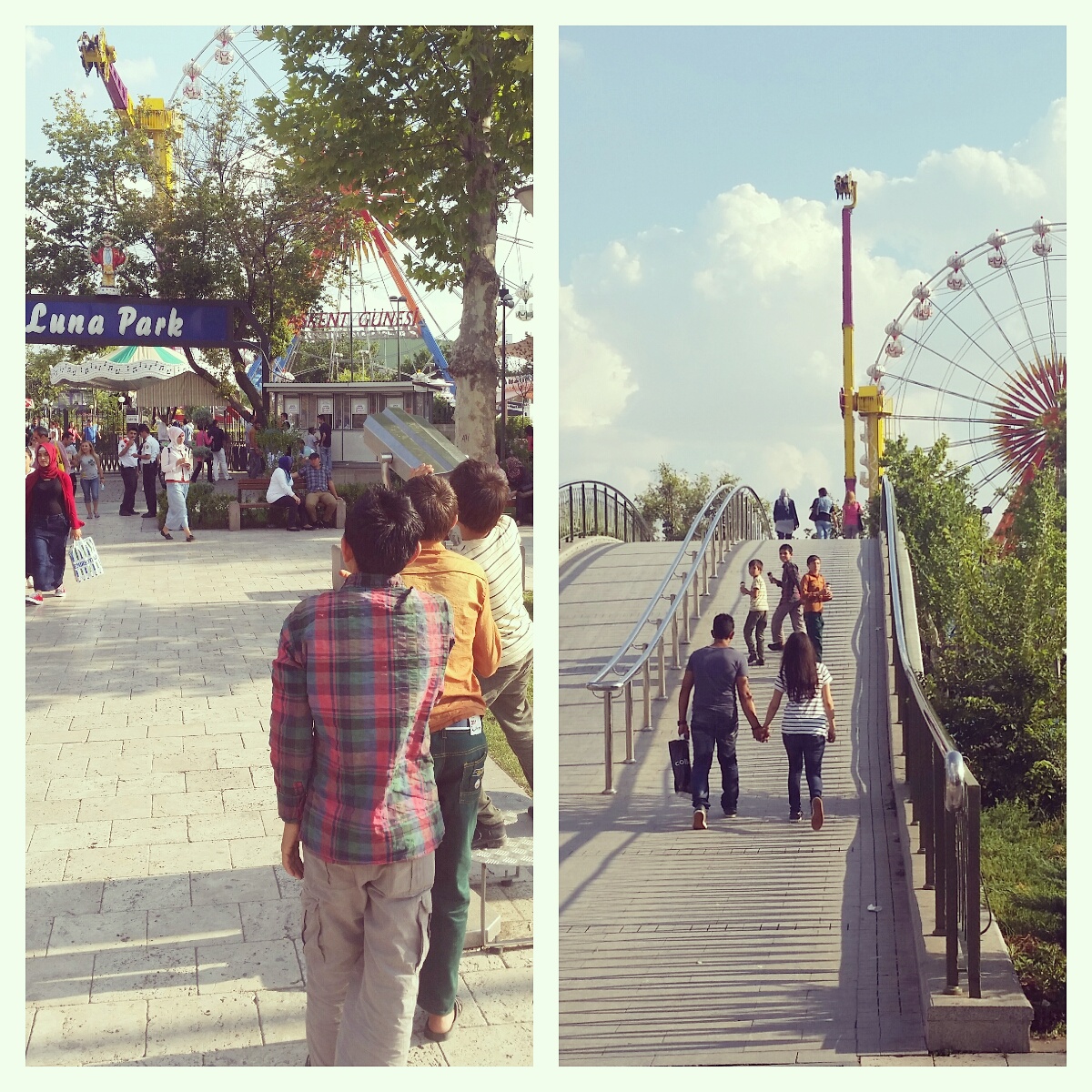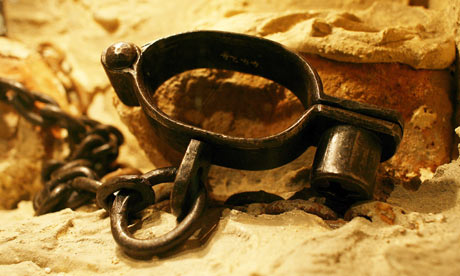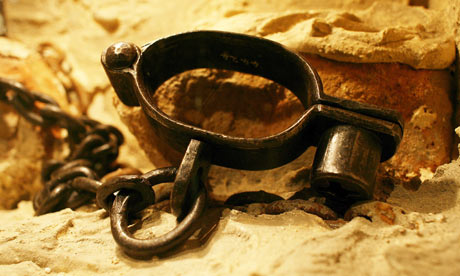This post will be regularly updated to collect the happy moments that the children enjoy as a result of all your incredibly responses to this blog – thank you for being the alternative world, a world we’ve created to work parallel to the one that subjects these children to daily oppression and violence.
——

One day I was accompanying a street girl to a doctor to see what we could do about her “rape scar” (a hanging piece of flesh under her right eye – a result of a knife wound she suffer after her first gang rape to mark her as no longer being a virgin).
On this three hour bus ride, one of the stories she bravely shared with me was of her birthing experience. She was praising the cosmetic surgeon who had seen her before for this rape scar and who she said had “treated me like a human being, not an animal”. When I asked what she was comparing him to she said the doctors that were there during her birth.
She recounted the experience that included over 20 medical students checking her dilation without her consent, her horror as the fingers roughly forced their way through her vagina of both male and female students who never spoke to her or explained what they were doing. She told me about one midwife who kicked her because she was screaming too loudly when she was pushing. What seemed to hurt her the most though were the questions and accusations of why she was having a baby so young if she was unmarried and why was the father not with her.
There are many horrifyingly painful stories that the street girls live and have shared with me; but this birthing one haunted me the most. The vulnerability and the fear that a child must feel giving birth, facing an unknown that even full grown, fully supported women find difficult was beyond my comprehension….
I went home and wrote in a simple blog about this conversation and about the state of the world in which we live. A beautiful medical student wrote to me, not an emotional email of how upset my post had made her, but a well thought of plan about what she was going to do about it to fix it.
We went through her plan of who she was going to contact for access and permissions to admit the street girls to the hospital she was training at. We arranged meetings with shelter staff and she met the girls that would go in to give birth under her care.
The photo in this post is of the first street baby to be born in dignity. The street girl arrived at hospital supported, respected, soothed and cared for and delivered her healthy abd beautiful baby in a caring environment, for the first time ever. Thank you Yara for being the change we want in the world, thank you for being part of a new generation of medical students who give me hope that there is still good worth writing for, worth fighting for.
Nothing quite beats the sense of achievement this brings. Here’s to academia and knowledge that matter. Xx

This photo will forever remain incredibly dear to my heart… It was taken this week after the SAFE team had delivered training to my street babies on how to protect their bodies from sexual abuse and had just received their certificates of completing the training Thank you Sara Aziz and your lovely team for agreeing to deliver the training completely free to the shelter… i love you xxx

Perhaps nothing in the world that I have done, or will ever do, could feel as good as being able to facilitate this… This is the angel reconstructive surgeon who generously invited me and my street girls to remove the scars I often talk about… I have blurred the girls face for obvious reasons… He performs these procedures for free… these are my alternative communities and the reason why I don’t fundraise. Up till 2012 Dr Hany Hamam had performed 137 reconstructive surgeries free to Libyan and Syrian refugees… he has since then also honoured my requests that he extend his offer to children who get bitten by stray dogs in Cairo, but are not necessarily street children. The one glimpse of heaven on earth, is to fight a losing cause; and not lose it.

The great Rugby club in Egypt, moved by the blog offered training, donations and access to their grounds for the street kids they met.

Mia who once wrote to me saying: “Hi Nelly, I just wanted to say that I am a huge fan of your work with street children and I was wondering if there is anyway I can help.” Mia has since been a reliable and dedicated friend and art teacher not just to the one girl I was looking for a mentor for, but to the street girls at shelter more generally. The feedback from the girls has been wonderful. It always means so much to them to have volunteers. They told me knowing people helped them for no money was the closest thing they felt to having good family. Mia is another beautiful example of how skills, and not money, build a more beautiful world, how we have the power to create kinder alternative communities to the ones we sometimes find hateful or unsatisfactory. Thank you Mia for helping me still believe in this world and for not just reading the blog and thinking it’s a sad world but for getting in touch and giving your all. You literally made the world a better place xx

I personally believe that one of the best things that we can give these children, beside the basic rights and services, is love. The comfort and love that Shariff shares with the children is next to none… You honour and humble me with your gentleness towards the children and it’s no wonder you are able to calm the most irritable and comfort the most distressed of them… I love you for this xx

A beautiful photo of the hands of little children in Canada and the bracelets they have been making for me to give to the other beautiful street kids that I meet along the way… what a happy moment this is to know that little hearts across the continents are touched and giving to other little souls so far away… These little children were so touched by the stories of street children in Egypt that I shared and wanted to make something they could post and that would be easy for me to carry around… They have an afternoon club called HOPE (helping other people everywhere) and they make stuff to sell for local charities… their project this time was for the street kids

When the coldest winter hit Cairo, I used the blog and social media to ask everyone to share their winter clothes with the street children… An incredible effort started and the people involved are too many to even start to mention here… but the photo shows where the clothes were collected in London (thank you Judy and Tara) and packed and organised in Cairo (Thank you Ahmed Nader)… and the getting them from one country to another involved strangers and friends and everyone was just incredible with this… special thanks to Rabia, Tom, Su Zee who carried luggage… and all those who donated their kids clothes!!!

The night before my wedding party in Cairo, I was at the hair dressers getting my hair done (yes, the local one, the night before lol|). Afterwards, at around 11.30pm I was meeting Nawara, Roba and Shady for the first time three angels who had been reading my blog who I had never had the pleasure of meeting before. After a couple of hours sharing some stories of the street children I had known, after they were moved to both laughter and tears, we agreed they would visit the shelter to meet the street children. What they did not know at this point was that I always have a filtering session with people while I was in Egypt to make sure the children would not be “used” by anyone for their work and projects (a decision I had taken when I dedicated my time away from PhD research to make sure I could give back to the children and not use them as mere subjects for my PhD data). But I loved Nawara, Shady and Roba. I loved the passion with which they spoke of their plans. Caravan – the group of story tellers and performances these three were part of, planned to engage university students, amateur story tellers, with the street children to tell their stories. A few sessions were arranged at the boys and girl’s shelters. None of the children’s stories were changed or edit. 13 children’s stories were told with the exact words and expressions chosen by the children, creating a new avenue for the most marginalised voices to be given a window of expression to an audience that would normally not have access to it. It was only when Shariff came looking for me and said “we’re getting married in a few hours, do you wanna go home get some rest” that I had to leave and that they realised I had a wedding in a bit But I left my heart and passion with the three who did an incredible job and something I am so proud of having somehow contributed to just by writing a blog, and they took this, turning it, through their weeks of practice and hard work into something extremely real, extremely valid and credible. One of the beautiful reflections made by the team was team: “By the end of the rehearsals period and performance date, we were able to identify a conceptual change to the tellers personal commitment towards the kids and their stories, and to identify with the show as an ethically challenging responsibility towards those kids and the acknowledgement that by telling these stories we are only connecting dotes between the young boys and girls and an audience of not more than 150 attendees.”

The ability and the opportunity to inspire people into action, is an incredible gift.. The photo below is of two 14 year olds in America that I have never met. The children have been reading my blog posts on street girls and were moved into action. Diana, one of these 2 girls wrote to me over the last few months on how her and her church friends spent their spring break baby sitting, doing yard work and “hiring (themselves) out” to raise enough money to buy feminine hygiene stuff to put these bags together for each one of the street girls at the shelter. They’ve asked me to find a way to get these bags across so the children I work with know that other children think of them, care about them and are working towards helping them in some way. In the midst of all the horrific statuses and news and pictures shared on Facebook these days, these photos and this status are equally important. This is a reminder that you can inspire and be inspired and that you have the power to do and not just be ‘done to’… There is still good in this world; if you can’t find it or see it, then do it and be it.

This photo was drawn by a girl who has been raped by her step father since she was nine years old. The incredibly brave mother gave up the little security she had in the form of a home and husband and having no shelter to turn to, left to the streets with Amal and her 4 sisters. The sisters got separated in different shelters catering for different ages, while the mother searched for a hospital who would issue a report saying Amal was no longer a virgin due to rape, so she could be admitted to a shelter. Having been subjected to two virginity checks at their local hospital where her step father worked, he was able to bribe the administration to change the report. Amal’s mother did not give up and took her daughter to a different town and after the third virginity check, Amal was admitted to Hope Village for Young Street Mothers (a shelter that homes non virgin girls – and yes, this split is necessary in a culture where a woman’s value is hinged on a thin membrane between her legs). Each of the girls was at a different shelter and their mother had nowhere to turn to but the streets, highlighting another gap in services that vulnerable women in Egypt must face. After reading the post about this girl, an amazing human in Egypt paid a very long period of rent upfront and we bought the woman off the streets and she is now in her own home with her daughters around her again – I’m currently working with Esraa on getting her trained on a handy craft so she can generate her own income.

I received a call about a girl in Alexandria that was burnt so badly her bones were showing through. 3rd degree burns in over 80% of her body meant she was a liability to any hospital. Added to that was the fact she was a street girl so had no papers or ID. After 6 hours of media pressure, I received a call from the Minister of Social Solidarity who assured me that in the morning, an ambulance would pick the girl up and take her to hospital for admission. True to their words, the girl was admitted, her daughter allowed to visit and she has been promised a kiosk to be able to live off once she’s recovered. Thank you Nesma for being affected to get the right people on board 🙂

Donna Coyle is one of the beautiful souls who having read about the street girls in my blogs got in touch to offer to be a part of this parallel world we create Since being in touch, Donna has faithfully and regularly visited the street girls shelter, after getting her friends to donate shampoos and creams. She arrives with her gifts to pamper the girls, do their hair and also teach them the skill of hair dressing so that they may pick it up and maybe earn an independent living from it themselves… Thank yoy Donna for reminding me of the absolute beauty that humanity still has to offer us… and on a personal note, thank you for giving a very real meaning to the impact of the work I do that sometimes leaves me frustrated, heart broken and poor you remind me it’s all worth it xxx

a few days before Eid, one of the older girls asked me what time I would be arriving on the day of festivities… then she stopped speaking and looked at me for a moment before saying “Of course you’re not going to come… you have family and friends outside of here that you’ll be spending the day with”… She had shamed me without knowing because I hadn’t thought about Eid or who I would be spending it with… but in the end, me, Shariff and Adelazim bought the kids gifts and balloons and spent the day with them… it was the best Eid ever!

After a day out, the little ones in the shelter who are starting their first day at school, were trying on their school uniforms bought by the lovely May AbdelAzim. New starts and hopefully a new life where these little ones can be spared the pain of their mothers… Also… thank you for the IceCream trip that was made to the kids 🙂



















































